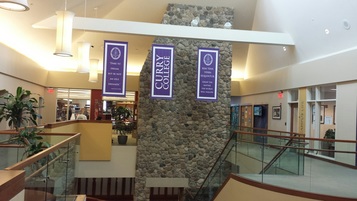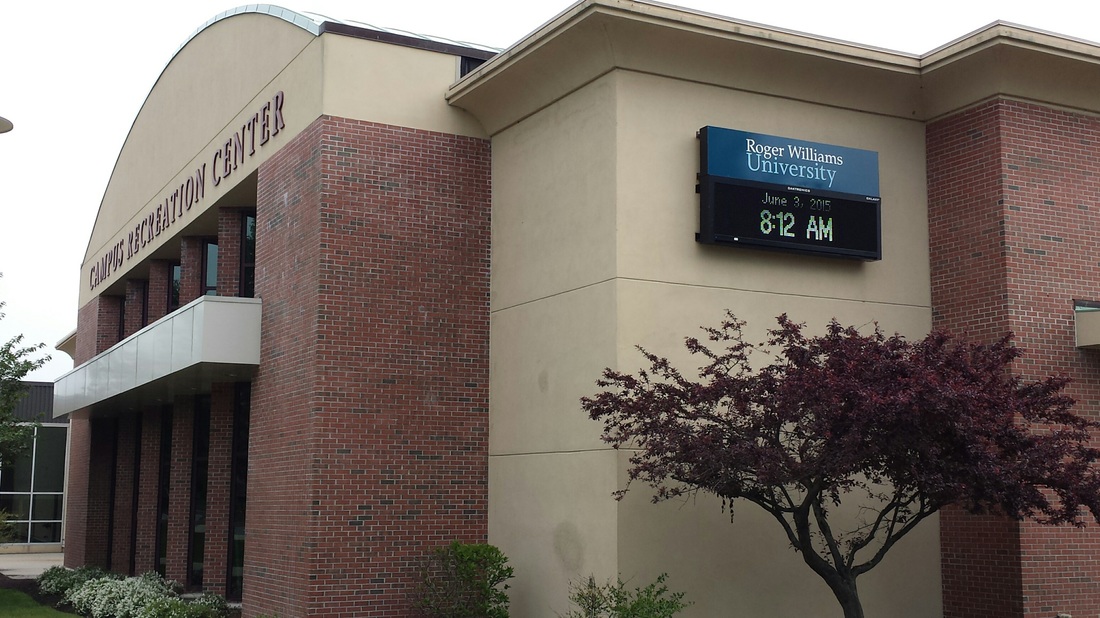
Here are a few tips for starting your college list:
Majors and Interests
The first thing to know is whether you have a sense of what you might want to pursue as a major in college. No matter how highly ranked a college is, it isn't necessarily a good fit for you if it does not offer subjects that you are interested in. If you do have a major in mind, start your search by looking into schools that offer that option. Also keep in mind that if you have a strong interest in extracurricular activities such as musical theater, Greek life or being a part of a television studio on campus, be sure that these opportunities are offered at the colleges you're looking at.
Not sure of what you want to study? That's not a problem. Many students enter college undecided about what they want to pursue. There are many areas of interest in college that students don't get exposed to in high school. One place to get a head start in thinking about options is College Board's Book of Majors. Another idea is taking an interest inventory that can help identify careers aligned with your interests.
A good place to start researching schools is through Naviance, or whichever college planning resource your high school uses. It offers surveys, career exploration, and criteria to help find colleges that might be a good match for you. Additionally you can call College Docs or arrange a visit to our office for personalized college search and admissions consulting.
College Visits
Once you have a number of schools that interest you, it is important that you and your parents start your college visits. There is no substitution for the feel you get from actually spending time on a college campus. What might seem attractive from a website or list may be experienced very differently in person. After several campus information sessions and tours you will be surprised how much you have learned about what you find attractive and exciting and whether or not you can see yourself at that school. A campus visit moves the college application process from the abstract to reality. It helps with motivation and helps define what's important for each student in shaping their “good fit” college list.
Finalizing Your List
Just remember when finalizing your list to include colleges with a range of selectivity from “probables”, and “possibles” to “reach” schools. “Probables" are colleges you can most likely get accepted to based on your GPA and SAT/ACT scores. Make sure they are still schools you’d enjoy attending. “Possibles” are the schools you have a good chance of getting into. “Reaches” are the schools you expect to be more challenging to get into but are still worth the effort to apply and tour. It can also be helpful to consider colleges out of your region as it can increase your chance of acceptance if you're willing to leave your area of the country.
By the time you are applying to colleges in the fall of your senior year, you want to have at least a couple of “probables”, several “possibles” and a few “reaches”. Twelve is the average number of colleges applied to in Fairfield County.



 RSS Feed
RSS Feed